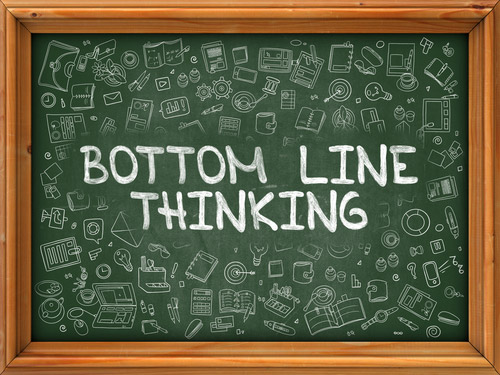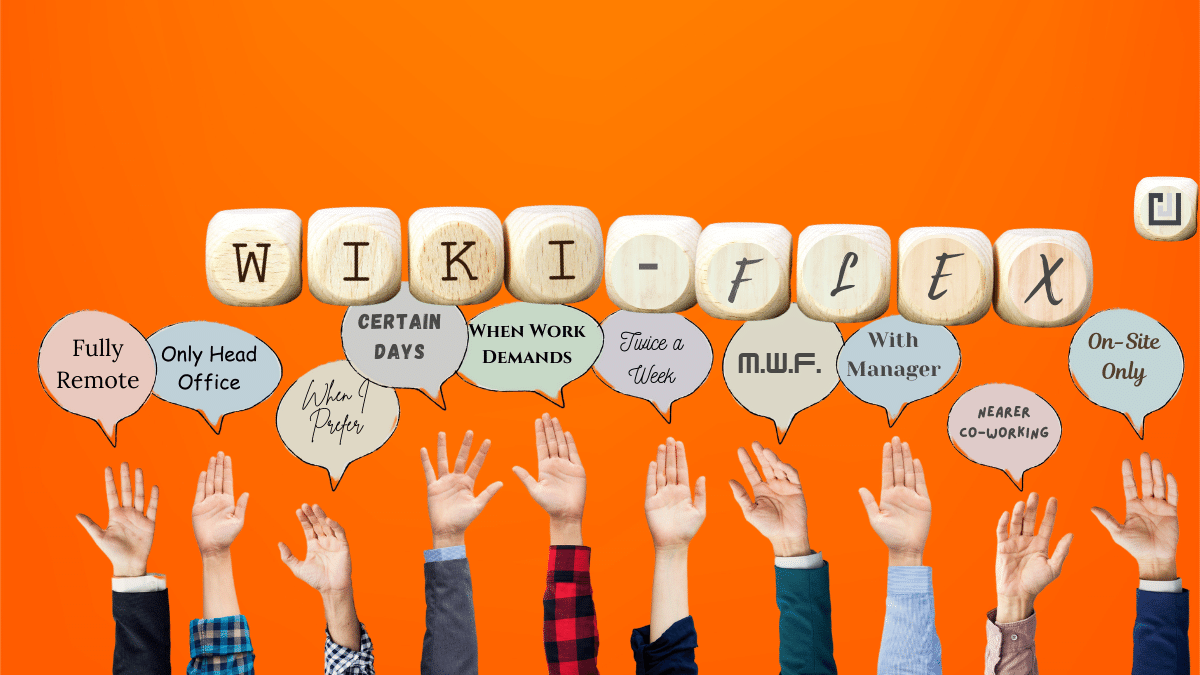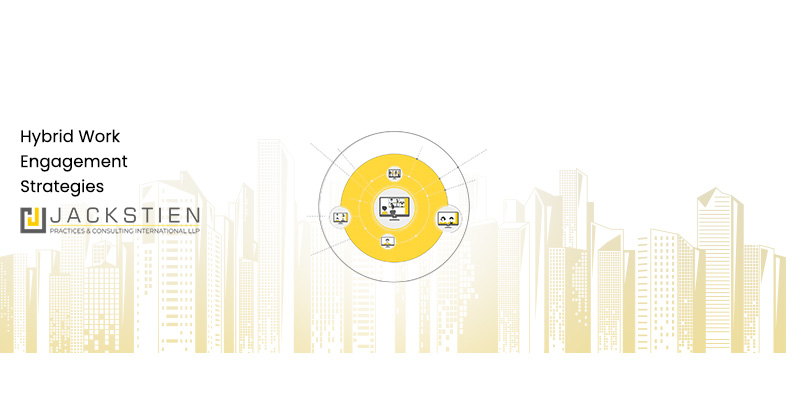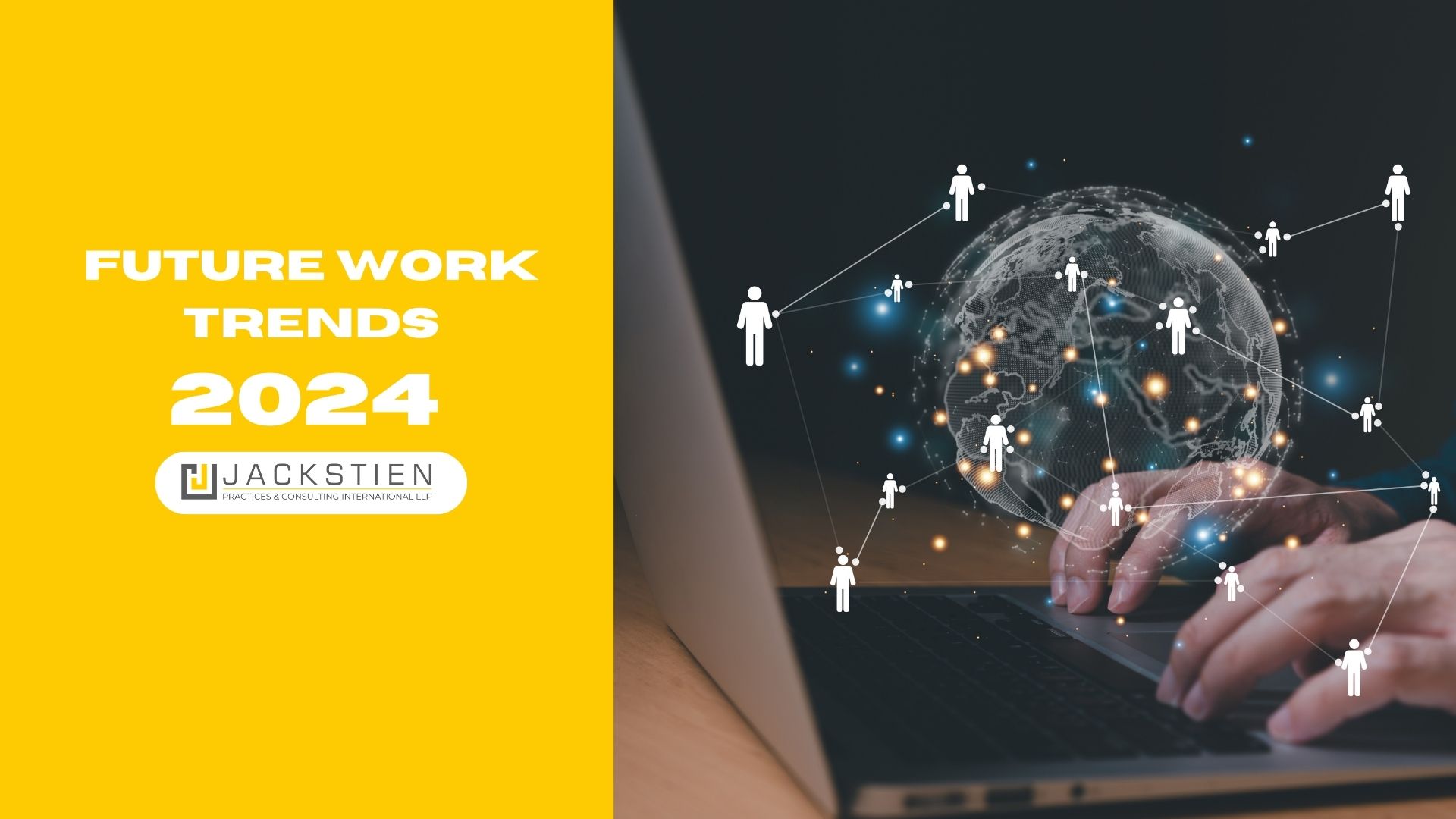Does everyone win? Not quite.
Remote or Hybrid work enabled businesses save precious costs otherwise spent on real estate. And that’s just the start. Savings pile up from there onwards.
Savings on facility management costs. On cost of power. On costs of parking facilities. Of physical security. Of hardware and maintenance.
Savings on cost of air conditioning. On cost of storage, furniture, seating and décor. On costs of coffee machines, refrigerators and television screens.
All these costs can add up to hundreds of billions of rupees over the years.

Four months after moving to Remote Work, a business had managed to shave off more costs by moving to Remote Work than they earned through their core business in the four months prior to the move.
What about employees?
In the truest sense, the benefits to employees outweigh the benefits to the businesses.
Typically, an employee gets approximately two hours of personal time every day assuming approximately eight hours at work, eight hours sleeping, three in commute and three spent in daily basics. Two broken hours in which to cram in rest, relaxation, recreation, TV, reading, learning, family time, hobbies and all other things that make our lives richer. Seems pitifully little.
Moving to Remote or Hybrid Workplaces has shown an increase in personal time available to employees by around 250% to 300% (for Remote work instances).

No wonder that the ability to work remotely has become a top priority for employees across the world.

Then there’s the substantial increase in disposable income when working remotely even part of the time. Starting with the savings in the cost of commute (passes, fuel, maintenance, parking, car EMIs).
And savings in food. And savings in child care and elder care expenses. And countless other expenses at places that exchange money for the scarce time and mind-space.
Moreover, an increase in personal time and disposable income (which some would argue are the only two commodities worth much) improves stress levels and enables healthier lifestyles, eventually saving medical expenses, improving quality of life and extending productive healthy years of employees.
So, employees win as do businesses.
Is it a win-win? For businesses and employees, it is. But there is a downside for others.
“There ain’t no such thing as a free lunch” has been long-standing adage across the decades. It apparently emerged from a past practice wherein American bars offered a “free lunch” to draw in drinking customers who tended to spend large sums on alcohol.
The underlying message in this phrase is hard to argue with, almost an axiomatic truth.
So, if the business gain and the employees gain, what’s the trade-off as an economy? Who loses?
A real estate developer priced his two BHK apartments near a business district at approximately twenty-six times the average annual salary of a mid-level executive. This developer has seen offtake of his properties reduce by approximately twenty-eight percent even after dropping his prices by 20% over the course of a year. With commute far less of an issue for executives working remotely, quality of life and large open spaces re-emerged as a preference as against his property. This residential developer loses.
Another real estate developer has seen his commercial rental earnings fall by around 32% after a few of his commercial tenants vacated between 40% and 70% of their leased space. This commercial developer loses.
A taxicab driver in Mumbai was used to having his choice of passengers. He would often turn down four of five commuters desperate to flag him down as he waited for a passenger that he preferred – any passenger who wanted to go a long distance, along an uncongested route and in his preferred direction. With thousands of harried commuters on the road, he usually found the one he wanted. With many of those now working remotely and off the roads, passengers are rare and the taxi driver cant afford to wait for his pick. This cab driver loses.
A cafeteria food contractor made a killing preparing his meals with the cheapest ingredients he could get away with. He restricted his menu to nine items and marked up each by as much as seven hundred percent. He considered it a great business. After all, he had a captive base of customers – employees who didn’t have better alternatives. However, the company had now moved a large portion its workforce to remote work and sold their five-floor office building to a product testing firm. His contract cancelled; this food contractor loses.
A road toll operator often managed to make around three times his official salary. He would either not record the collected toll or re-issue used tickets and pocket the toll. With serpentine lines of honking cars carrying harried passengers, no one had the time to notice or argue. With thousands working remotely, the traffic and chaos on the road lightened significantly and so did his opportunities to skim. This toll attendant loses.
A parking attendant made around five times her official salary. Commuters late for meetings from the traffic were her favourite; with no parking spaces remaining, they would pay money to double park their cars, leaving their keys with her. When parking slots opened up, she would shift those cars in immediately to increase her sale of double charged spaces. Ever so often, she was even able to charge triple those who did not want to leave their keys. Then there was yet more money to be made from ‘renting’ the empty space in the cars she had the keys to. With reduced cars on the road and a huge fall in the number of people commuting, parking demand had reduced to just about match the space available. Her incremental income almost having disappeared, this parking attendant loses.
Commuter misery is a gain for many. A hardware engineer used to buy low grade non-standard dangerous 18650 batteries in bulk and package them into power banks. He sold a large number of these power banks on the roads and trains to commuters who struggled with power consumption as they spent hours on their phones during the commute. Yet another manufacturer made millions using near-free child labour to make and sell thousands of pieces of back rests, neck rests, cushions and braces that touted ergonomic benefits. Thousands of commuters had bought these pieces seeking relief for their aching backs, necks and behinds after hours each day trampling, standing and bouncing through their commutes. With a significant reduction in commuters fuelled by remote work, the engineer and manufacturer would both lose.
For the economy as a whole, “there ain’t no such thing as a free lunch“. Because, while some gain, others lose.
In this trade-off, the gains have been stacked in the favour of remote enabled businesses and their employees who come as close to a free lunch as one can, with one minor trade off… the transition to remote work should not introduce new risks or costs in the process.
For all its massive benefits, enabling a business to function remotely or in a hybrid fashion successfully and sustainably requires an expert driven, deliberate and planned set of changes. Jackstien Practices works with its clients to manage the complex interplay of changes to processes, technology, security, connectivity, taxation, automation, training, resourcing, culture, team management and employment law compliances. So that businesses and employees can transition to remote work the right way and reap the many rewards.
Think of Jackstien Practices as your guide to the ‘free lunch’ table.


